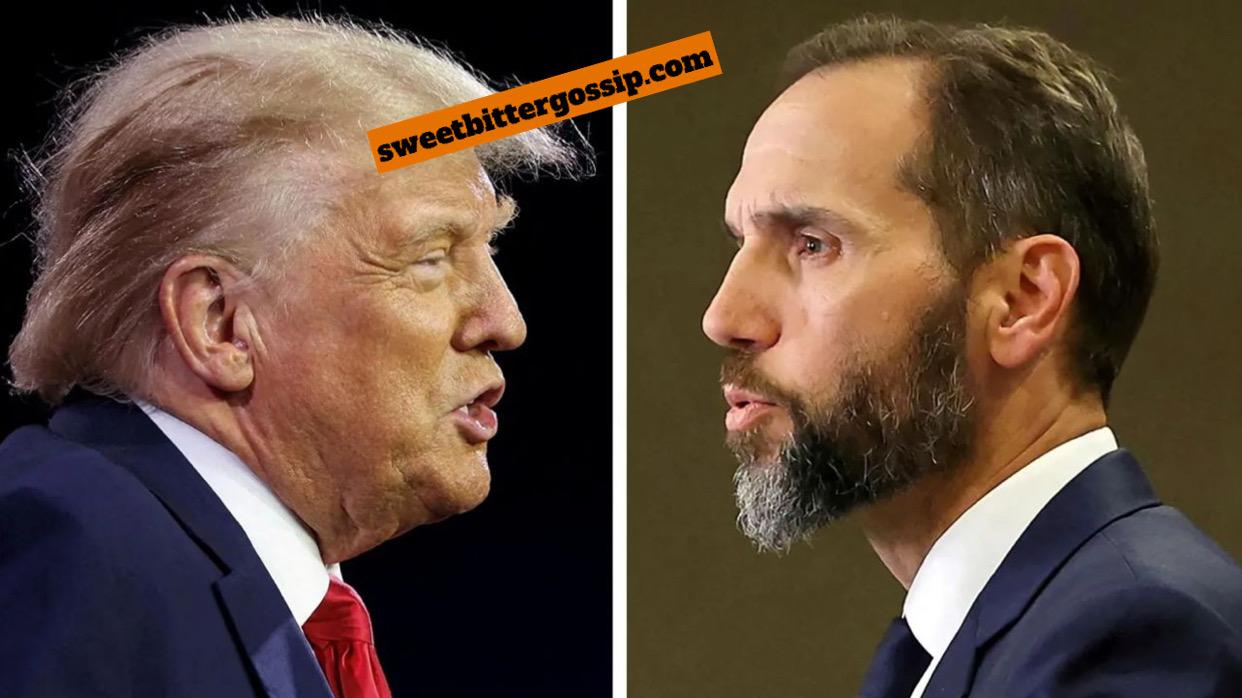A report from Special Counsel Jack Smith claims that Donald Trump would have been convicted of illegally trying to overturn the 2020 presidential election results if he had not been re-elected in 2024. Smith stated the evidence was strong enough to secure a conviction.
Trump has dismissed the report as “fake” and referred to Smith as “deranged.” He has consistently denied accusations of pressuring officials to reverse the 2020 election results, spreading false claims of election fraud, and exploiting the January 6, 2021, Capitol riot.
Presidential Immunity and Dismissed Cases
Trump’s re-election has shielded him from legal prosecution. The US Constitution prohibits the prosecution of a sitting president, forcing the Department of Justice (DoJ) to dismiss the case. Smith emphasized in the report, “But for Mr. Trump’s election [in 2024] and imminent return to the presidency, the office assessed that the admissible evidence was sufficient to obtain and sustain a conviction at trial.”
The interference case accused Trump of “unprecedented efforts to unlawfully retain power,” including spreading false claims of election fraud and encouraging violence against perceived opponents. Despite the case being dismissed, Smith defended the investigation’s merit, stating that the evidence and charges were sound.
Challenges Faced During the Investigation
The 137-page report, partially released to Congress, provides further insight into the complexities of prosecuting Trump. It outlines challenges faced by investigators, including Trump’s use of social media to attack witnesses, courts, and Justice Department employees.
Smith rejected claims that the investigation was politically motivated, calling such accusations “laughable.” He insisted that his decisions as a prosecutor were guided by the rule of law, not political influence.
Ongoing Legal Matters
While Trump’s re-election has shielded him, cases against two of his associates—Walt Nauta and Carlos De Oliveira—are ongoing. Both are accused of helping Trump hide classified documents at his Mar-a-Lago estate. Their lawyers have argued that releasing Smith’s report could prejudice potential jurors.
Judge Aileen Cannon authorized the partial release of the report but scheduled a hearing to decide if the second part, which focuses on the classified documents case, should also be made public.
Trump’s Reaction
Trump remains defiant, maintaining his innocence and dismissing the report’s findings. Posting on his Truth Social platform, he declared, “The voters have spoken,” and mocked Smith for failing to prosecute him before the election.
Constitutional Implications
Smith’s report raises significant constitutional questions about prosecuting a president-elect who was previously indicted as a private citizen. The report states, “The department’s view that the [US] Constitution prohibits the continued indictment and prosecution of a president is categorical and does not turn on the gravity of the crimes charged.”
While Trump’s legal issues have largely been resolved due to his re-election, Smith underscored the importance of standing up for the rule of law. “While we were not able to bring the cases we charged to trial, I believe the fact that our team stood up for the rule of law matters,” Smith wrote.
Conclusion
The report highlights the tension between holding powerful individuals accountable and adhering to constitutional protections for sitting presidents. As Trump prepares to return to the White House, questions remain about the broader implications of the DoJ’s findings and the limits of presidential immunity.

